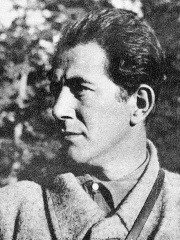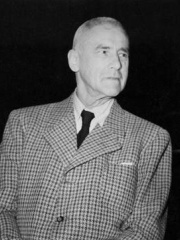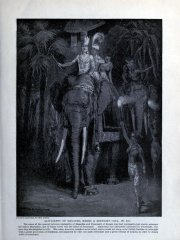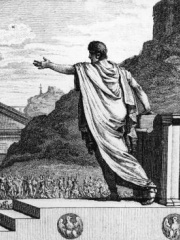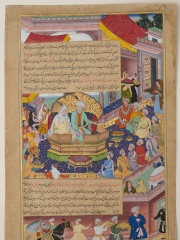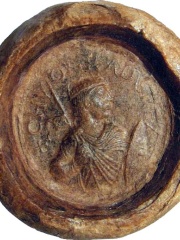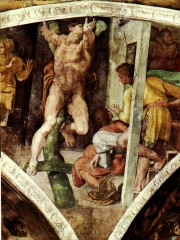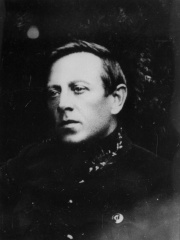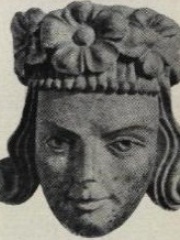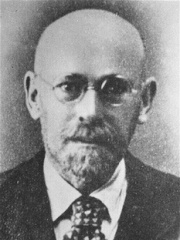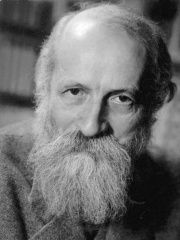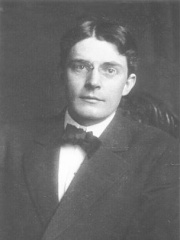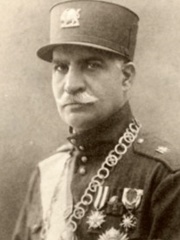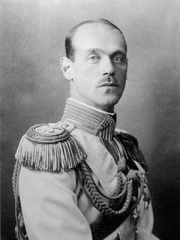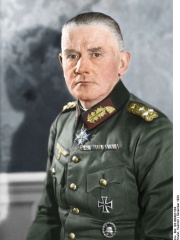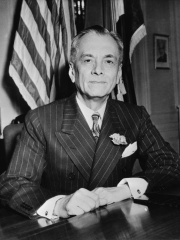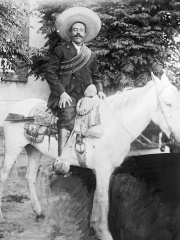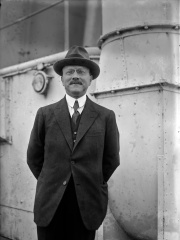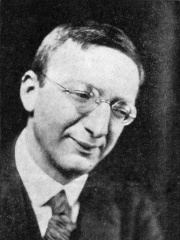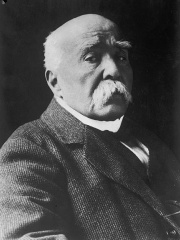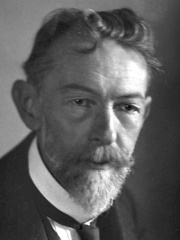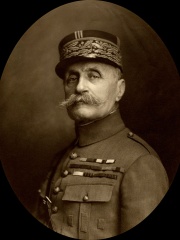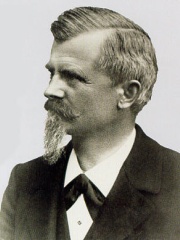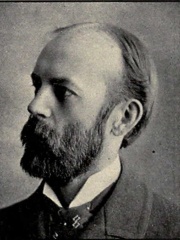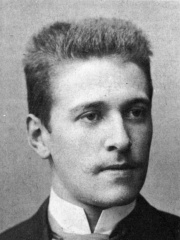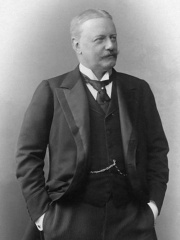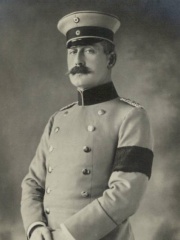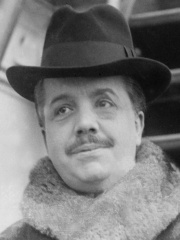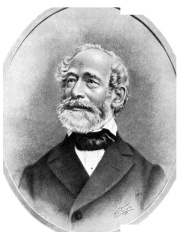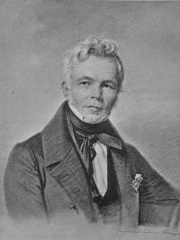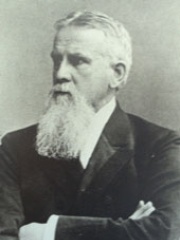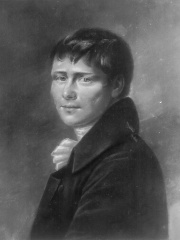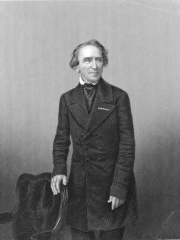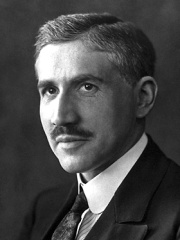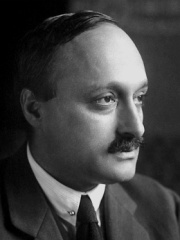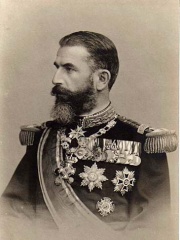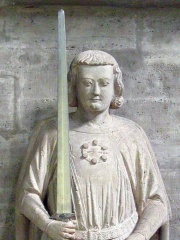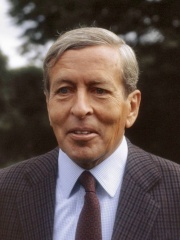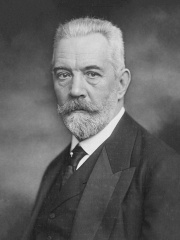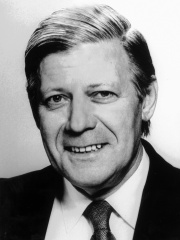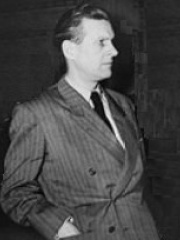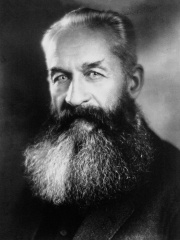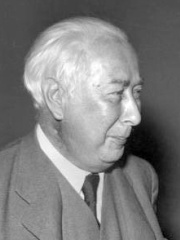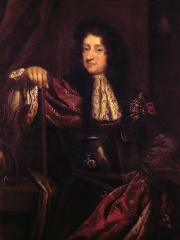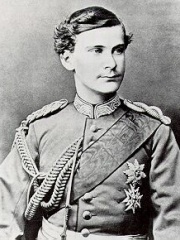Politikus
Gustav Stresemann
1878 - 1929
HU.WIKIPEDIA PAGE VIEWS (PV)
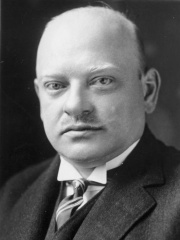
 Gustav Stresemann
Gustav Stresemann
Életrajza 72 különböző nyelven érhető el a Wikipédián (csökkenés 73-ről 2024-ben). Gustav Stresemann a 1,319th legnépszerűbb politikus (csökkenés a 1,209th-ről 2024-ben), a 333rd legnépszerűbb életrajz Németország országából (csökkenés a 320th-ről 2019-ben) és a 95th legnépszerűbb Németországból politikus.
Memorability Metrics
Page views of Gustav Stresemann by language
Among Politikuses
Among politikuses, Gustav Stresemann ranks 1,319 out of 19,576. Before him are Milovan Đilas, Wilhelm Frick, Chongzhen Emperor, Ajatashatru, Gaius Gracchus, and Börte. After him are Conrad I of Germany, Muhammad II of Khwarazm, Robert F. Kennedy, Haman, Symon Petliura, and Haakon V of Norway.
Most Popular Politikuses in Wikipedia
Go to all RankingsMilovan Đilas
1911 - 1995
HPI: 74.53
Rank: 1,313
Wilhelm Frick
1877 - 1946
HPI: 74.52
Rank: 1,314
Chongzhen Emperor
1611 - 1644
HPI: 74.51
Rank: 1,315
Ajatashatru
500 BC - 460 BC
HPI: 74.51
Rank: 1,316
Gaius Gracchus
154 BC - 121 BC
HPI: 74.51
Rank: 1,317
Börte
1161 - 1230
HPI: 74.50
Rank: 1,318
Gustav Stresemann
1878 - 1929
HPI: 74.49
Rank: 1,319
Conrad I of Germany
881 - 918
HPI: 74.49
Rank: 1,320
Muhammad II of Khwarazm
1169 - 1220
HPI: 74.49
Rank: 1,321
Robert F. Kennedy
1925 - 1968
HPI: 74.49
Rank: 1,322
Haman
HPI: 74.48
Rank: 1,323
Symon Petliura
1879 - 1926
HPI: 74.48
Rank: 1,324
Haakon V of Norway
1270 - 1319
HPI: 74.48
Rank: 1,325
Contemporaries
Among people born in 1878, Gustav Stresemann ranks 6. Before him are Lise Meitner, Janusz Korczak, Martin Buber, John B. Watson, and Reza Shah. After him are Grand Duke Michael Alexandrovich of Russia, Werner von Blomberg, Manuel L. Quezon, Pancho Villa, André Citroën, and Alfred Döblin. Among people deceased in 1929, Gustav Stresemann ranks 5. Before him are Karl Benz, Georges Clemenceau, Richard Adolf Zsigmondy, and Ferdinand Foch. After him are Wilhelm Maybach, Herman Hollerith, Charles Cooley, Hugo von Hofmannsthal, Bernhard von Bülow, Prince Maximilian of Baden, and Sergei Diaghilev.
Others Born in 1878
Go to all RankingsLise Meitner
PHYSICIST
1878 - 1968
HPI: 80.92
Rank: 1
Janusz Korczak
WRITER
1878 - 1942
HPI: 77.74
Rank: 2
Martin Buber
PHILOSOPHER
1878 - 1965
HPI: 76.75
Rank: 3
John B. Watson
PSYCHOLOGIST
1878 - 1958
HPI: 75.34
Rank: 4
Reza Shah
POLITICIAN
1878 - 1944
HPI: 74.69
Rank: 5
Gustav Stresemann
POLITICIAN
1878 - 1929
HPI: 74.49
Rank: 6
Grand Duke Michael Alexandrovich of Russia
NOBLEMAN
1878 - 1918
HPI: 74.17
Rank: 7
Werner von Blomberg
MILITARY PERSONNEL
1878 - 1946
HPI: 74.01
Rank: 8
Manuel L. Quezon
POLITICIAN
1878 - 1944
HPI: 73.70
Rank: 9
Pancho Villa
MILITARY PERSONNEL
1878 - 1923
HPI: 73.45
Rank: 10
André Citroën
ENGINEER
1878 - 1935
HPI: 73.43
Rank: 11
Alfred Döblin
WRITER
1878 - 1957
HPI: 72.90
Rank: 12
Others Deceased in 1929
Go to all RankingsKarl Benz
INVENTOR
1844 - 1929
HPI: 88.12
Rank: 1
Georges Clemenceau
POLITICIAN
1841 - 1929
HPI: 77.05
Rank: 2
Richard Adolf Zsigmondy
CHEMIST
1865 - 1929
HPI: 76.66
Rank: 3
Ferdinand Foch
MILITARY PERSONNEL
1851 - 1929
HPI: 76.63
Rank: 4
Gustav Stresemann
POLITICIAN
1878 - 1929
HPI: 74.49
Rank: 5
Wilhelm Maybach
INVENTOR
1846 - 1929
HPI: 73.59
Rank: 6
Herman Hollerith
INVENTOR
1860 - 1929
HPI: 73.59
Rank: 7
Charles Cooley
ECONOMIST
1864 - 1929
HPI: 73.19
Rank: 8
Hugo von Hofmannsthal
WRITER
1874 - 1929
HPI: 72.23
Rank: 9
Bernhard von Bülow
POLITICIAN
1849 - 1929
HPI: 72.17
Rank: 10
Prince Maximilian of Baden
POLITICIAN
1867 - 1929
HPI: 72.13
Rank: 11
Sergei Diaghilev
BUSINESSPERSON
1872 - 1929
HPI: 71.68
Rank: 12
In Németország
Among people born in Németország, Gustav Stresemann ranks 333 out of NaN. Before him are Carl Zeiss (1816), Karl Friedrich Schinkel (1781), Friedrich Ratzel (1844), Heinrich von Kleist (1777), Wilhelm Frick (1877), and Giacomo Meyerbeer (1791). After him are Otto Fritz Meyerhof (1884), James Franck (1882), Carol I of Romania (1839), Henry the Lion (1129), Klaus Schwab (1938), and Prince Claus of the Netherlands (1926).
Others born in Németország
Go to all RankingsCarl Zeiss
PHYSICIST
1816 - 1888
HPI: 74.55
Rank: 327
Karl Friedrich Schinkel
ARCHITECT
1781 - 1841
HPI: 74.55
Rank: 328
Friedrich Ratzel
POLITICIAN
1844 - 1904
HPI: 74.54
Rank: 329
Heinrich von Kleist
WRITER
1777 - 1811
HPI: 74.52
Rank: 330
Wilhelm Frick
POLITICIAN
1877 - 1946
HPI: 74.52
Rank: 331
Giacomo Meyerbeer
COMPOSER
1791 - 1864
HPI: 74.51
Rank: 332
Gustav Stresemann
POLITICIAN
1878 - 1929
HPI: 74.49
Rank: 333
Otto Fritz Meyerhof
PHYSICIAN
1884 - 1951
HPI: 74.48
Rank: 334
James Franck
PHYSICIST
1882 - 1964
HPI: 74.48
Rank: 335
Carol I of Romania
POLITICIAN
1839 - 1914
HPI: 74.45
Rank: 336
Henry the Lion
POLITICIAN
1129 - 1195
HPI: 74.45
Rank: 337
Klaus Schwab
ECONOMIST
1938 - Present
HPI: 74.42
Rank: 338
Prince Claus of the Netherlands
NOBLEMAN
1926 - 2002
HPI: 74.41
Rank: 339
Among Politikuses In Németország
Among politikuses born in Németország, Gustav Stresemann ranks 95. Before him are Theobald von Bethmann-Hollweg (1856), Helmut Schmidt (1918), Baldur von Schirach (1907), Anton Drexler (1884), Friedrich Ratzel (1844), and Wilhelm Frick (1877). After him are Carol I of Romania (1839), Henry the Lion (1129), Georgy Lvov (1861), Theodor Heuss (1884), Christian V of Denmark (1646), and Otto of Bavaria (1848).
Theobald von Bethmann-Hollweg
1856 - 1921
HPI: 74.94
Rank: 89
Helmut Schmidt
1918 - 2015
HPI: 74.94
Rank: 90
Baldur von Schirach
1907 - 1974
HPI: 74.89
Rank: 91
Anton Drexler
1884 - 1942
HPI: 74.68
Rank: 92
Friedrich Ratzel
1844 - 1904
HPI: 74.54
Rank: 93
Wilhelm Frick
1877 - 1946
HPI: 74.52
Rank: 94
Gustav Stresemann
1878 - 1929
HPI: 74.49
Rank: 95
Carol I of Romania
1839 - 1914
HPI: 74.45
Rank: 96
Henry the Lion
1129 - 1195
HPI: 74.45
Rank: 97
Georgy Lvov
1861 - 1925
HPI: 74.35
Rank: 98
Theodor Heuss
1884 - 1963
HPI: 74.33
Rank: 99
Christian V of Denmark
1646 - 1699
HPI: 74.25
Rank: 100
Otto of Bavaria
1848 - 1916
HPI: 74.23
Rank: 101
